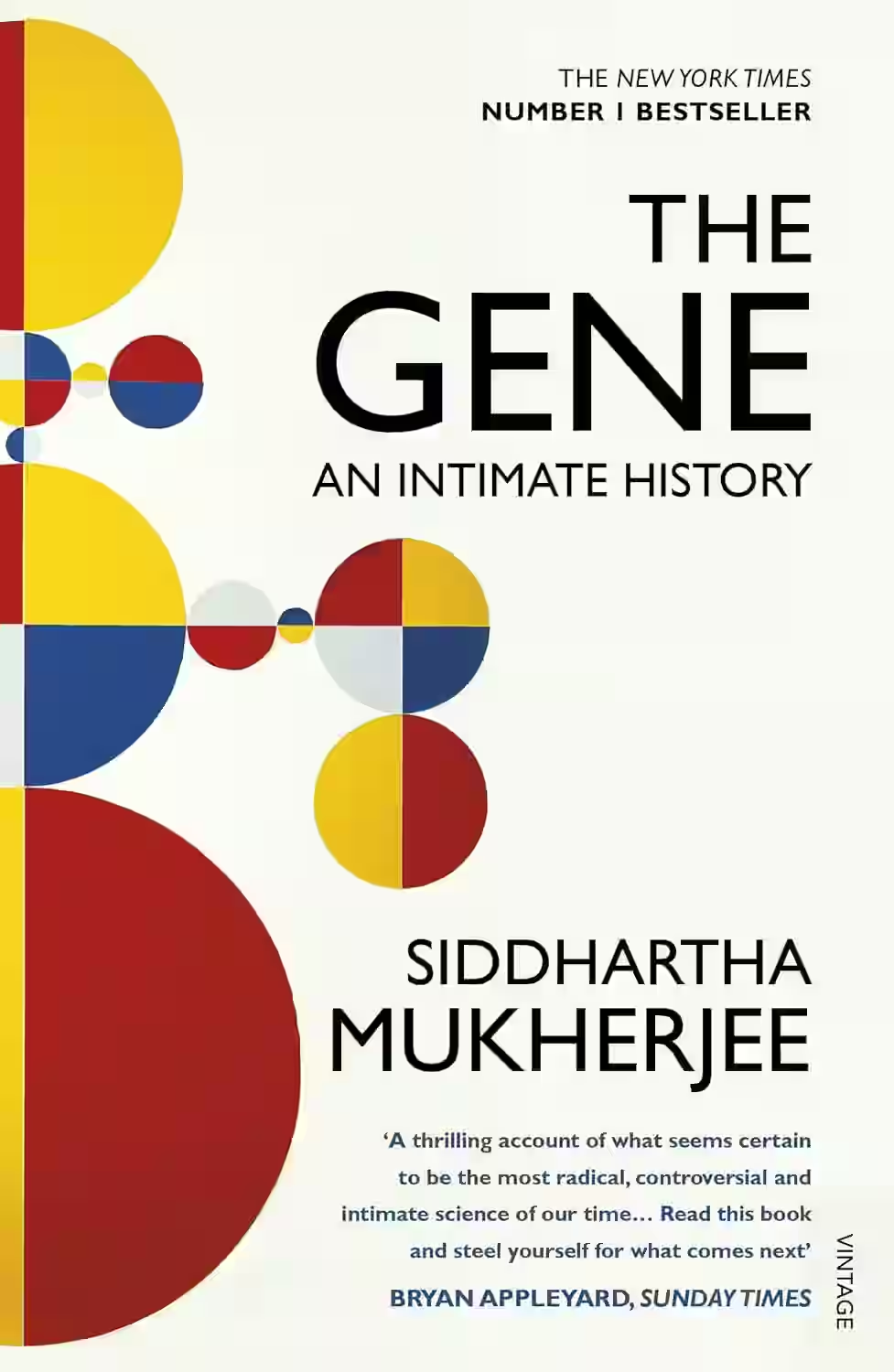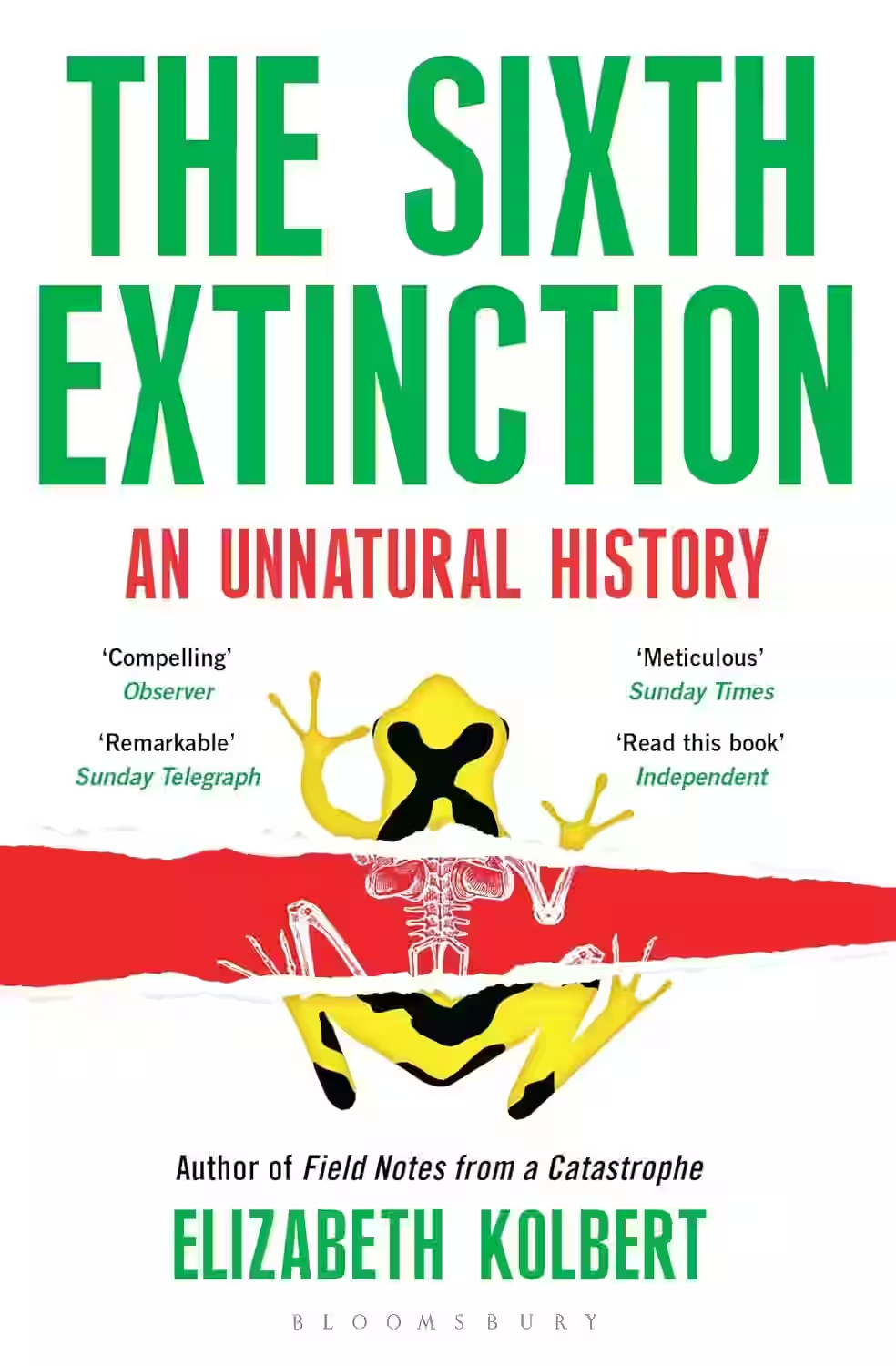
In The Song of the Cell, Pulitzer Prize–winning author and oncologist Siddhartha Mukherjee takes readers on a fascinating journey into the world of cell biology. From the discovery of the cell to cutting-edge developments in regenerative medicine and immunotherapy, Mukherjee explains how our understanding of cells shapes the future of medicine. Blending science, history, and narrative, he makes complex topics accessible without sacrificing depth. The book is both a celebration of scientific discovery and a meditation on what it means to be alive. The Song of the Cell is essential reading for anyone interested in biology, medicine, or the future of health.
About Siddhartha Mukherjee
Siddhartha Mukherjee is an Indian-American physician, oncologist, and Pulitzer Prize–winning author known for making complex scientific subjects accessible and compelling. His debut book, The Emperor of All Maladies, won the Pulitzer and redefined the cancer biography genre. The Gene and The Song of the Cell followed, offering sweeping narratives on genetics and cell biology. A professor at Columbia University and a practicing physician, Mukherjee brings a unique blend of scientific expertise and narrative skill. His work explores not only biology and medicine but also ethics, identity, and the human experience behind science’s biggest questions and breakthroughs.
Other Books by Siddhartha Mukherjee

The Gene: An Intimate History
In The Gene, Siddhartha Mukherjee traces the history of genetic science, weaving together personal stories, scientific milestones, and ethical dilemmas. From Mendel’s pea plants to the Human Genome Project, the book explores how our understanding of heredity has evolved and what it means for the future of medicine and identity. Mukherjee, an oncologist and researcher, brings clarity and humanity to complex topics, making the science both accessible and emotionally resonant. The book also examines the dark side of genetics, including eugenics and discrimination. The Gene is a masterful blend of biography, science writing, and philosophical reflection.
Similar Books

The Sixth Extinction
In The Sixth Extinction, Pulitzer Prize–winning journalist Elizabeth Kolbert investigates the ongoing mass extinction event caused by human activity. Blending field reporting, scientific research, and historical context, Kolbert explores how climate change, habitat destruction, and invasive species are rapidly altering the planet’s biodiversity. She travels the globe—from rainforests to coral reefs—to document species on the brink and speak with scientists studying the crisis. The book highlights how humans have become a geological force, accelerating extinction at an unprecedented rate. Sobering yet eloquent, The Sixth Extinction is a vital call to awareness about the fragility and interdependence of life on Earth.

Why We Sleep
In Why We Sleep, neuroscientist Matthew Walker provides a compelling look at the critical role sleep plays in our health and well-being. Backed by cutting-edge science, he explains how sleep affects memory, creativity, immune function, emotional stability, and longevity. Walker also examines the consequences of chronic sleep deprivation and offers practical tips for improving sleep hygiene. Written in accessible language, the book demystifies sleep’s biological purpose and underscores its importance as a pillar of mental and physical health. A wake-up call for modern society, Why We Sleep champions rest as essential, not optional, for a thriving life.

Good Energy
by Casey Means
Dr. Casey Means presents a holistic approach to health, emphasizing the importance of metabolic well-being. She explores how lifestyle choices, including diet, sleep, and stress management, influence energy levels and overall health. The book offers practical strategies to optimize metabolism, aiming to empower readers to achieve sustained vitality and prevent chronic diseases.

Enlightenment Now
In Enlightenment Now, Steven Pinker defends the values of reason, science, humanism, and progress as the driving forces behind global improvements in health, wealth, safety, and freedom. Using data and visualizations, he argues that despite the doom-and-gloom narratives of modern media, the world is improving across nearly every measurable domain. Pinker traces these advances to Enlightenment principles, advocating for their continued relevance in addressing today’s challenges. Though some critics view his optimism as overly confident, the book offers a powerful counterpoint to cynicism and a celebration of humanity’s capacity to solve problems through knowledge and cooperation.